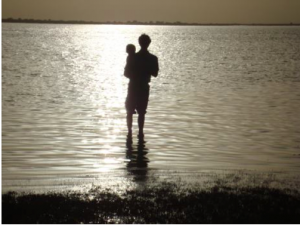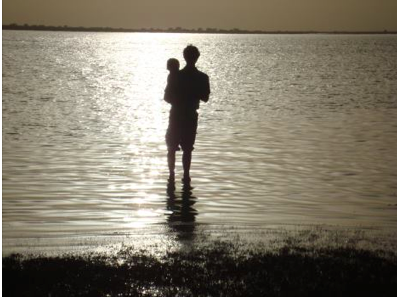 When you live in a police state, it’s hard to know just how seriously to take the possibility that this might directly affect your own life. Yes, of course, big brother might be watching every move I make, but what are the chances that he actually cares?
When you live in a police state, it’s hard to know just how seriously to take the possibility that this might directly affect your own life. Yes, of course, big brother might be watching every move I make, but what are the chances that he actually cares?
Events happening around me lately, though, have given me cause to look over my shoulder and watch what I say over the phone a little more than usual. Foreigners in the country I live in are used to keeping their heads down on anything political (I’ve well and truly perfected my naïve face for when any local asks me what I think of the President), but aside from those that literally go looking for trouble (like the friend of mine who said some mean things about the Government to the UN Security Council and was never allowed back in the country), expatriates living here are generally allowed to go about their business.
But, recently the authorities have been unusually busy, rounding on foreigners who they suspect may be guilty of spreading Christianity and other western ideas. Many of the accusations and rumours are ludicrous. One prominent aid agency was almost thrown out of the country recently for allegedly hiding Bibles in sacks of grain. Many others have been threatened for using words like “conflict resolution” and “marginalised persons” in their work. And then there is my personal favourite news report about the chemical that has been placed in Pepsi that will turn you into a Christian (apparently Coke is still safe for Muslims to drink).
Amid the weird and wonderful anecdotes, however, are real stories. A man I know found himself in prison for 30 days without charge before being deported. Another friend of mine was hauled into the national security office for interrogation about why she had been teaching children about “human rights”. And a friend of mine has just had his visa revoked for having loaned his car to someone for what was alleged to be “evangelistic purposes”. Thus, I have started to become a bit more careful about who I talk to and what I say. Because, when you live in a police state, it’s not just those who have done something wrong that have to something to fear; it’s everyone.
And these are just stories of western foreigners; those that have a modicum of protection from their embassies; those that can simply be turfed out into the safety of their home countries and never allowed back. For locals who fall foul of the regime, the situation is much worse. They have nowhere to run to and there is no line the authorities are afraid to cross.
Despite these (and other) obvious disadvantages, I love living where I live. Nasty government does not equal nasty citizenry; indeed, the opposite is more likely to be true in my experience. But, as I engage with the news of my home country at times like this, it does make me homesick. When I read about the Prime Minister appointing one his school-mate’s to a senior government position I think, “What a good thing that someone is writing about this (and staying out of jail)”. When I hear religious leaders prophesying the collapse of society because of gay marriage I say, “Thank God New Zealand is a country where you are allowed to express religious views”. And after I read about Paula Bennett denying the existence of child poverty, I cry, “Won’t someone please oppose this nonsense?” and then someone does. The quality of such discourse in New Zealand is, of course, regularly found wanting. But, it is there, it is precious and we should never take this for granted.





